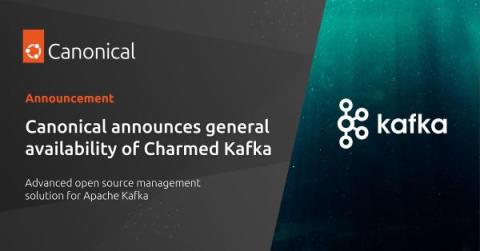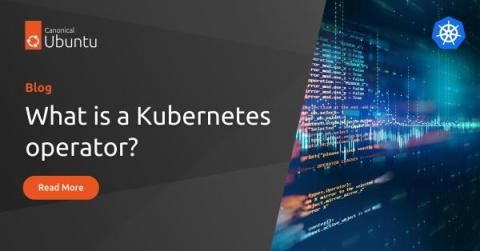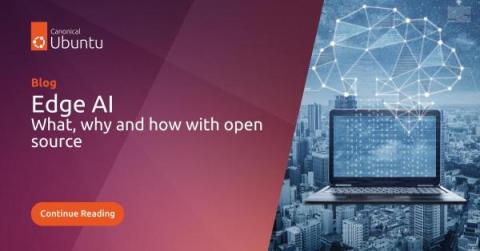Canonical announces the general availability of Charmed Kafka
27 February 2024: Today, Canonical announced the release of Charmed Kafka – an advanced solution for Apache Kafka® that provides everything users need to run Apache Kafka at scale. Apache Kafka is an event store that supports a range of contemporary applications including microservices architectures, streaming analytics and AI/ML use cases. Canonical Charmed Kafka simplifies deployment and operation of Kafka across public clouds and private data centres alike.











